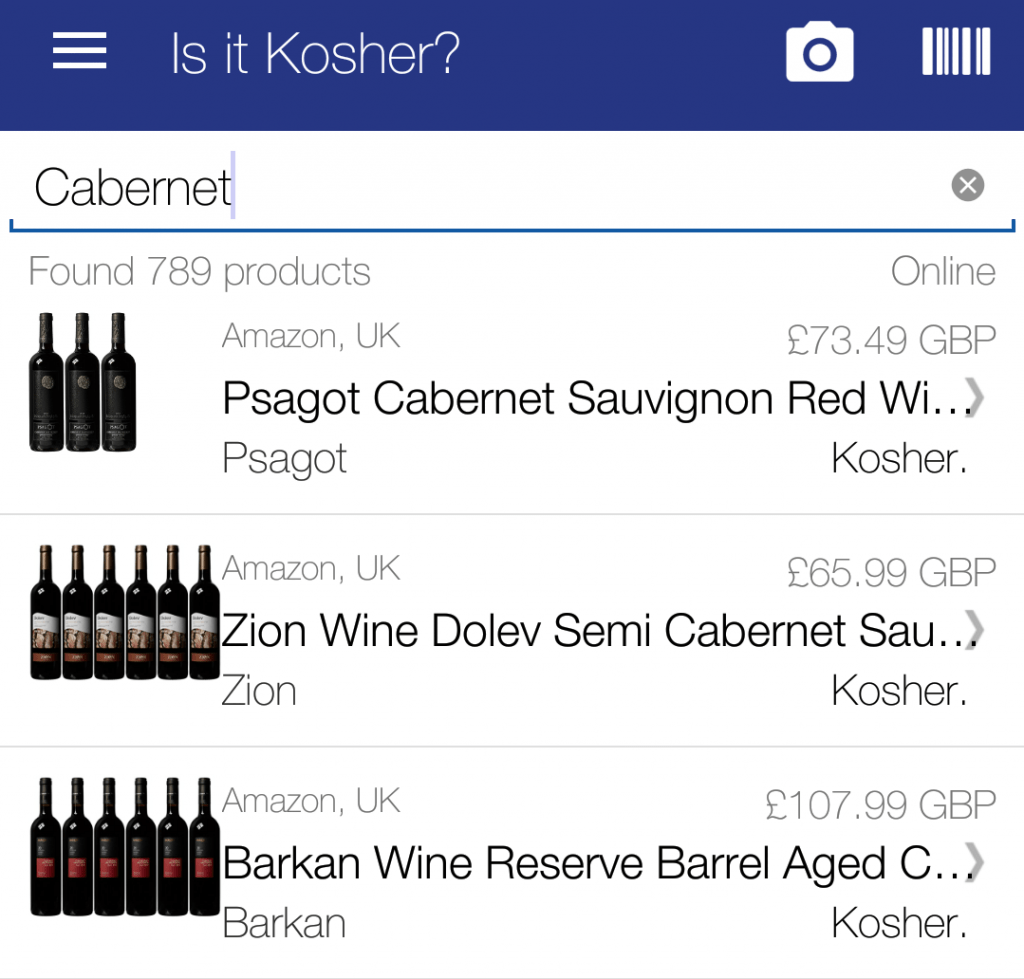
According to Talmud, on the day of Purim one should be fuddled so much that they are unable to distinguish between “God damn Haman” and “God bless Mordechai!” (Megila, 7b) Since the dawn of time, Jews have been organizing on this day generous libation; as Polina (Pesya) Vengerova who has grown up in a traditional shtetl recollects: “special attention on this evening was payed to drinks, which actually was by no means common at our home. It even seemed to me that if anyone on Purim drank too much, father treated it as a kind and charitable deed”. Therefore, we find the feast of Purim a worthy cause to talk about the kosher status of wine.
According to Kitzur Shulchan Aruch, 47:1, a Jew can drink only the wine produced by other God-conscious Jews: “Ordinary non-Jewish wine, as well as our wine, which was touched by a non-Jew, is forbidden for drinking”. This prohibition arose already in the ancient times when wine was crucial for heathen religion, and almost every feast started with the drink-offering to the gods. That’s why it was initially prohibited not only to drink non-Jewish wine, but also to gain advantage from that – e.g. to trade in it, to accept it in satisfaction of the debt, etc. (Mishna Avoda Zara, 2:3). In the Middle Ages, together with understanding of the fact that Christians differ from ancient pagans, and that “it was uncharacteristic of them to make the heathen drink-offering” that prohibition was significantly slackened:
“A Jew can recover the debt from a non-Jew by ordinary non-Jewish wine. And the same law applies in case of risk of loss of other kind, e.g. if a person breached the law and bought this wine. It is prohibited to buy this wine in order to get rich from this – but some allow this too”. (Kitzur Shulchan Aruch, ibid.).
However, few people know that some rabbis and communities went much further, and considered it possible even to drink non-Jewish wine.
Exactly such was the case in Jewish Italy. As rabbi Leon Modena (1571-1648) witnesses, this custom has arisen long before his birth, and among those who were not against to take a nip of Barolo or Amarolo, were famous and respected rabbis. This information is confirmed by rabbi Shmuel Yehuda Katsenelenbogen from Venice (1521-97) who confessed that he himself has drank non-Jewish wines. Another rabbi, Shabtai Beer (XVII century) prohibited to drink non-Jewish wine with no special need, but allowed, if necessary, to use it for Kiddush and Havdallah. The community rules of Pisa and Livorno by a special paragraph prohibited a Jew to eat in non-Jewish trattorias, but permitted to drink non-Jewish wine in small shops. The respective practice remained in XIX century – the famous Talmudist and publisher Nachman Nathan Koronel advised the pious Jews coming to Italy not to get indignant when they see a local Jew drinking non-Jewish wine.
Not only “Italians” allowed themselves non-Jewish wine. Rabbi Nethaniel Weil from Karlsruhe (1687-1769) wrote: “Nowadays, there is no prohibition to drink non-Jewish wine since this prohibition does not extend on those who do not make the drink-offering to the heathen gods”. In XIX century, some rabbis from the Northern Africa joined this opinion.
At present, conservative rabbis permit any wine (The Use of All Wines ), insisting only on usage of wine, which kosher status is certified by orthodox rabbinate, for religious ceremonies and during the Community events. To rely or not on the opinion of the conservatives (who include some very knowledgeable people) – is the matter of personal religious commitments.
Nowadays, there is no single orthodox rabbi who agrees with that approach and no orthodox organization, which is ready to put its hechsher on non-Jewish wine. Check some articles on kosher wine making from Orthodox authorities:
- Star-K – THE ART OF KOSHER WINE MAKING
- OU Kosher – FROM GRAPES TO KOSHER WINE
- OK Kosher – Non-Jewish Wine – Making Vessels Fit for Use
If you are looking for a good bottle of kosher wine, find kosher wines with Is it kosher? app:
- Android – https://play.google.com/store/apps/details?id=com.kosherdev.koshergator
- iOS – https://itunes.apple.com/WebObjects/MZStore.woa/wa/viewSoftware?id=855252975&mt=8
- Amazon – http://www.amazon.com/KosherDev-Is-it-Kosher/dp/B00I8S43HW/
- Blackberry – https://appworld.blackberry.com/webstore/content/59962547
- WinPhone – https://www.microsoft.com/en-us/store/apps/is-it-kosher/9nblggh6cs0w